How Malaria Has Ruled Humankind for 500,000 Years
A “tour-de-force history of malaria…riveting.” —New York Times
“Rollicking.” —TIME magazine
Long-listed for the Royal Society Winton Prize
Selected by the New York Times as one of “7 Essential Books About Pandemics“
In recent years, malaria has emerged as a cause celebre for voguish philanthropists. Bill Gates, Bono, and Laura Bush are only a few of the personalities who have lent their names—and opened their pocketbooks—in hopes of stopping the disease. Still, in a time when every emergent disease inspires waves of panic, why aren’t we doing more to tame one of our oldest foes? And how does a pathogen that we’ve known how to prevent for more than a century still infect 500 million people every year, killing nearly one million of them?
In The Fever, journalist Sonia Shah sets out to answer those questions, delivering a timely, inquisitive chronicle of the illness and its influence on human lives. Through the centuries, she finds, we’ve invested our hopes in a panoply of drugs and technologies, and invariably those hopes have been dashed. From the settling of the New World to the construction of the Panama Canal, through wartimes and the advances of the Industrial Revolution, Shah tracks malaria’s jagged ascent and the tragedies in its wake, revealing a parasite every bit as persistent as the insects that carry it. With distinguished prose and original reporting from Panama, Malawi, Cameroon, India, and elsewhere, The Fever captures the curiously fascinating, devastating history of this long-standing thorn in the side of humanity.
….
“Human history marches to the beat of what? A big brass band? A choir singing hymns? The lub-dub of the human heart? Sonia Shah’s tour-de-force history of malaria will convince you that the real soundtrack to our collective fate is none of these: it is the syncopated whine-slap, whine-slap of man and mosquito duking it out over the eons.”
“The Fever is an often rollicking read, spanning from modern-day Panama and Malawi to medieval Italy….Shah has put together an engrossing cast….Most fascinating is Plasmodium itself. Like fiction’s best supervillains, it is a complex, brilliant and mysterious foe that has resisted all attempts to tame it. While recent campaigns have had some success, Shah warns that to underestimate the parasite’s resourcefulness is to invite future epidemics. We have 500 millennia of suffering as proof.”
“The lessons of history should give us pause….All these issues, and many more, are brilliantly exposed in Ms. Shah’s book.”
–Wall Street Journal
“Raw, vivid…Shah presents a fascinating history….The Fever is a mine of information, drawing on diverse accounts from medical experts and field workers. This is an important book on the historical lessons we must not forget and the mistakes we are still making today in the battle against what remains a formidable killer.”
-New Scientist
“If you want to read just one book about malaria, The Fever is probably the best choice…A great overview of malaria, its impact, and the solutions to it.” —Bill Gates, Bill & Melinda Gates Foundation
“The Fever is a call to arms, though it’s written with admirable clear-headedness and not a trace of alarmism. It’s a compelling account of a disease that remains out of sight — and thus out of mind — for most Americans, even as it slowly tightens its grip on other parts of the world. Despite Shah’s engaging prose and obvious enthusiasm, the subject matter means it’s far from an easy read — but it might well be an essential one.
-NPR.org “Books We Like.’
“This insightful book explores the human struggle with malaria not just from a scientific angle, which is cogently detailed without being overwhelming, but also from sociological and anthropological perspectives, which turn out to be the real strengths of this work . . . Shah is to be commended for focusing much of this well-written book on exactly these aspects of humankind’s interaction with malaria and how they have contributed to the lack of success in vanquishing it. Focusing on the science of medicine while ignoring its other components is akin to trying to ride a bicycle with only one wheel, and this is true not just with malaria, but also with AIDS, tuberculosis, and other diseases that afflict large numbers of people.”
–The Boston Globe
“Engrossing and terrifying….Shah brings a balance of poetry and hard science to her reporting.”
“A fascinating history of the attempts to eradicate…this troublesome scourge….insightful, even revelatory, on the problems of bed nets.”
–The New Republic
“Meticulously researched and passionately written….one of this year’s most significant science books for the general reader.”
“Shah is skeptical of a surge of private charity that emphasizes the use of mosquito nets following the decline of government-led anti-malaria programs in the 1990s. Acknowledging the contributions of Bill Gates and former Presidents George W. Bush and Bill Clinton, she lists Veto the ‘Squito, a youth-led charity; Nothing but Nets, an anti-malarial basketball charity; and World Swim Against Malaria. She quotes The New York Times as decrying “hip ways to show you care.” Her own comment: “Just because something is simple doesn’t necessarily mean that people will do it.”
-Associated Press
“In The Fever, journalist Sonia Shah makes sense of the multifaceted history of this harrowing disease and our response to it….By describing malaria’s role in the rise and fall of peoples, cities and civilizations, the book reveals the massive imprint of this disease on health and life expectancy, politics, commerce and war….The Fever clearly traces the growing understanding of the causes, transmission and prevention of malaria….Shah astutely points out that many of the challenges that stalled past efforts have yet to be overcome….Shah’s ultimate message is spot on: that the fight against malaria is complex. Ending it, as she says, is tough and unlikely to happen in our lifetimes. Key actors from different sectors at national, regional and global levels need to harmonize their efforts. Today’s malaria movement has brought both an unparalleled diversity of experience, knowledge, skills and resources to its cause, and far more coordination through an inclusive global consultative process. Hopefully, The Fever will bring new partners to the table.”
“Sonia Shah has written a very interesting book about malaria and its impact on humanity. More than just a scientific (and medical) overview of the disease, the book also very skillfully examines many of the social, cultural and anthropological reasons behind the lack of success in achieving its eradication. Reading “The Fever”, one is reminded that science is only one of many components of the art of medicine, and that those who would focus solely upon it at the exclusion of the others do so at their own (and their patient’s) peril.”
“Fascinating, mordant…Shah’s is an absorbing account of human ingenuity and progress, and of their heartbreaking limitations.”
–Publishers Weekly
“[A] sobering account with important lessons for medical historians, anthropologists, biologists and, most of all, policymakers.”
–Kirkus Reviews,
“Investigative journalist Shah maintains her signature pattern here, exposing both the seemly and not-so-seemly aspects of the subject under review….Malaria may rule humankind, but Shah rules the in-depth investigative report.”
–Booklist
“A fascinating book, elegantly written and superbly well-researched—a poignant and important reminder of malaria’s relentless human toll.”
-Nina Munk, contributing editor, Vanity Fair
“A thrilling detective story spanning centuries, about our erratic pursuit of a villain still at large and still a threat to mankind…Rich in colorful detail and engagingly told…An astonishing array of characters have joined the fray, and you can only be amazed at the deviousness and skill of the arch-enemy.”
–Professor Malcolm Molyneux, Liverpool School of Tropical Medicine
WHO expert panel on malaria“Extremely well-researched, The Fever provides a highly gripping account of one of mankind’s worst diseases….Highly recommended.”
–Bart Knols, Managing Director, MalariaWorld
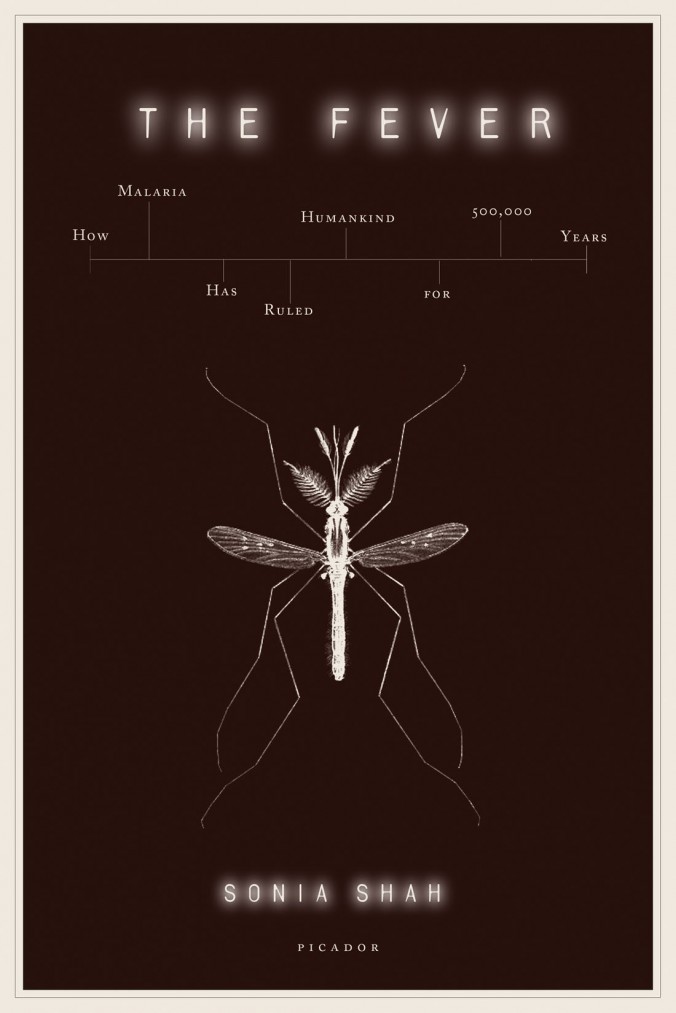

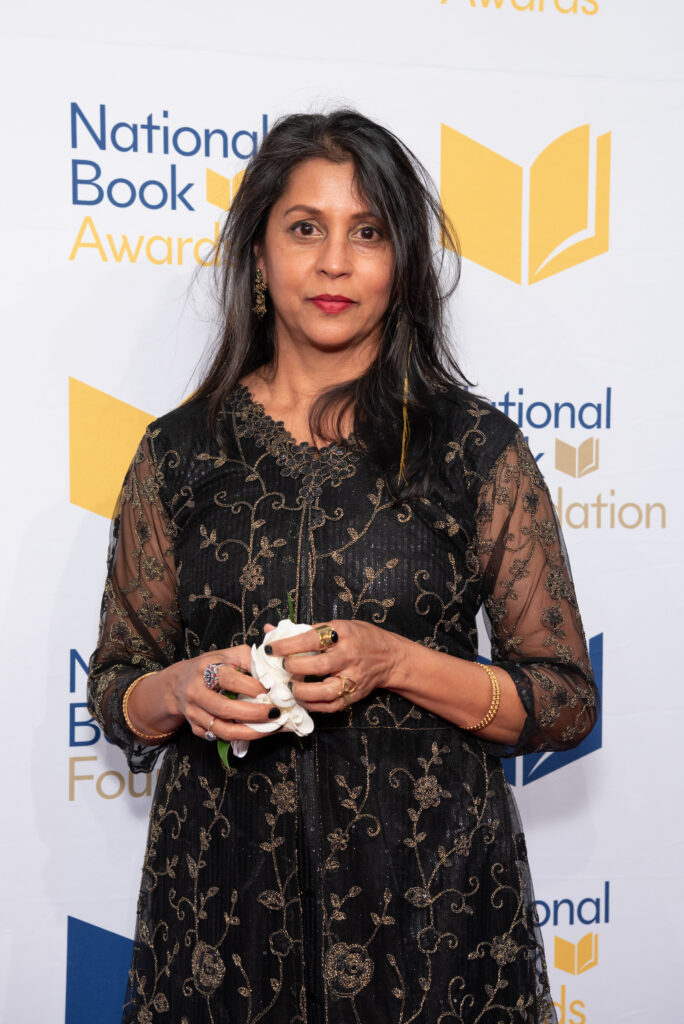

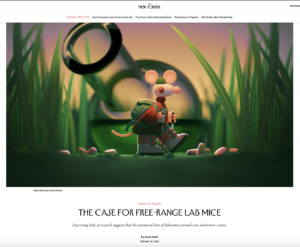
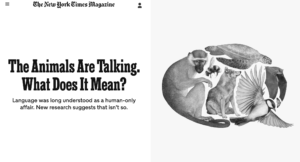
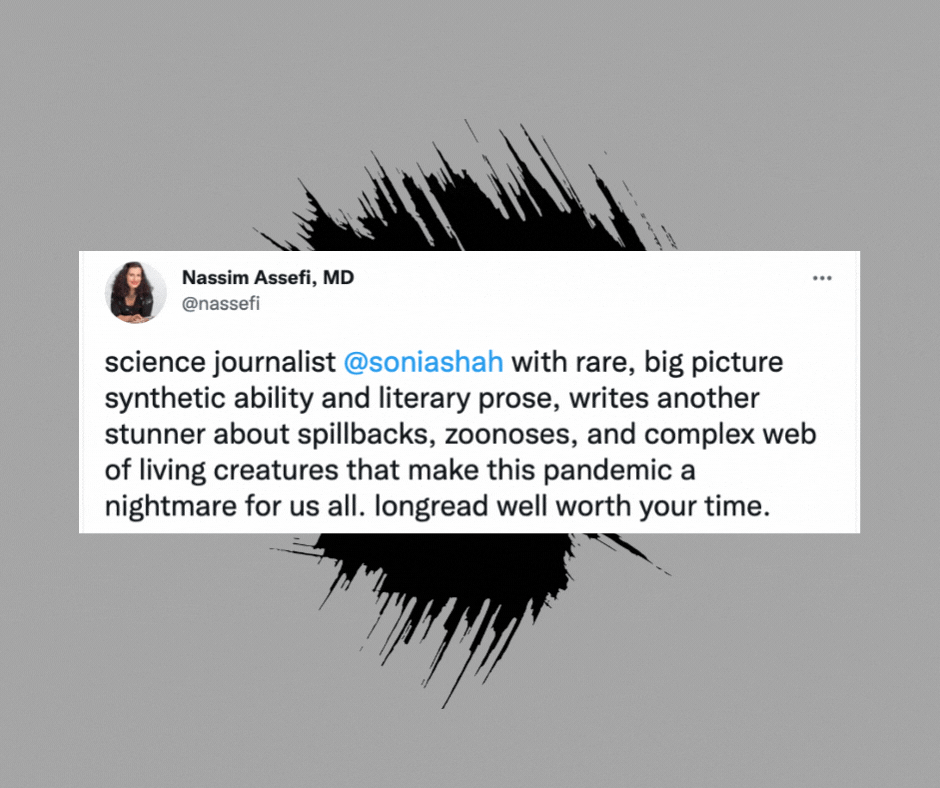
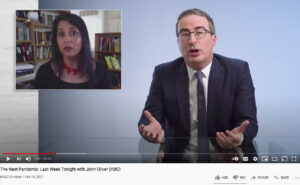
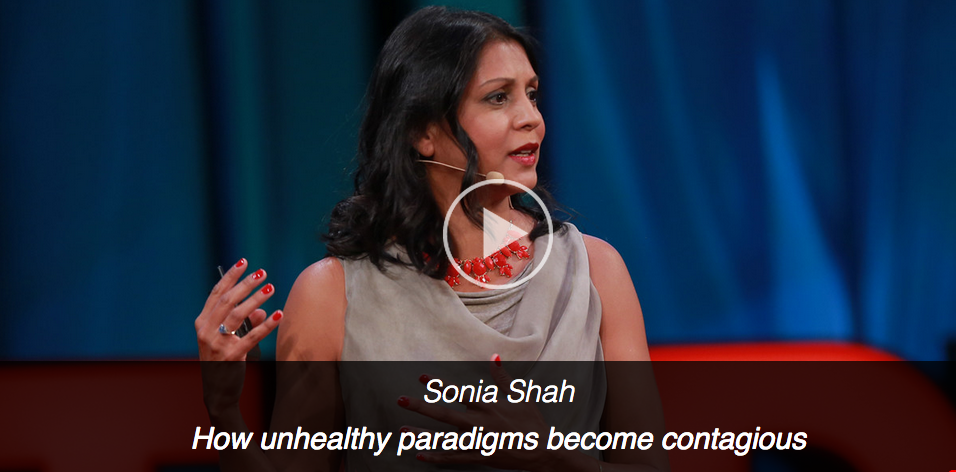
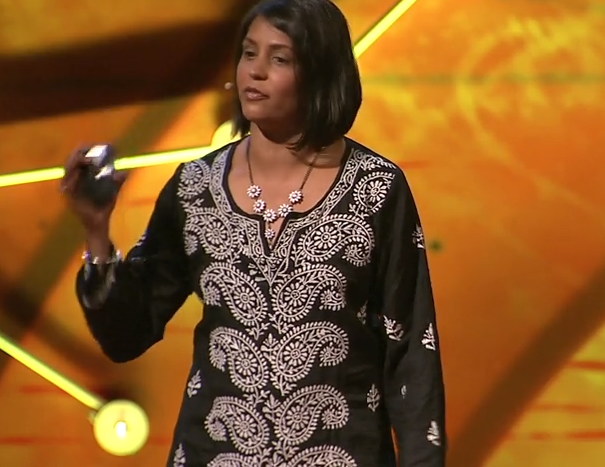




0 Comments
4 Pingbacks